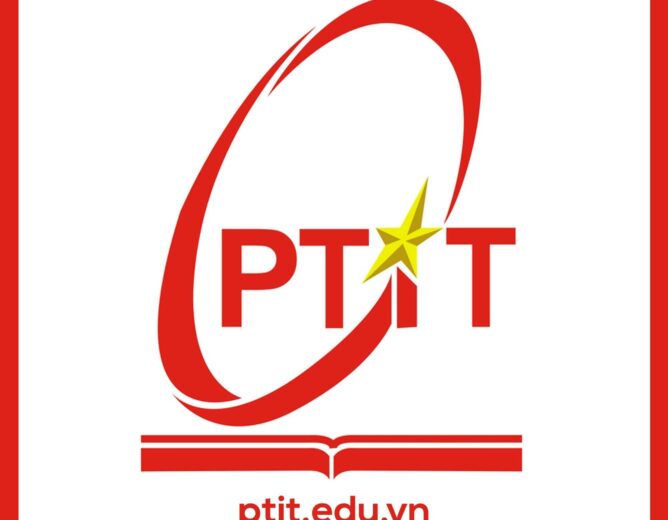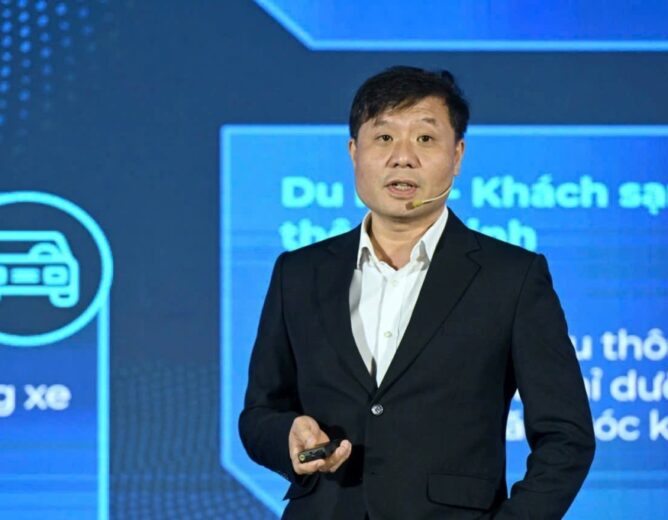Dr. Jeff Dean – co-founder of Google Translate, Google Brain or Gemini – shared directly about AI with the Vietnamese technology community for the first time.
Dr. Jeff Dean believes that AI is bringing about many powerful changes
The GenAI Summit 2024 took place on August 18 in Ho Chi Minh City, with the participation of the world’s leading technology experts.
The most interesting keynote speech at the conference was by Dr. Jeff Dean – Google’s chief scientist, co-founder of many popular Google products such as Google Translate, Google Brain or Gemini.
This is the first time this famous Google expert has been in Vietnam to share with science and technology enthusiasts in the country.
Dr. Jeff Dean believes that the development of AI is strongly changing computer technology in general.
In the past, many people “criticized” that computers were not intelligent because computers could not understand many types of information and human languages. Currently, AI helps computers to process many types of data that are very difficult to use.
Google unveils amateur table tennis robot
Google ‘plays big’ on network security
Mr. Jeff Dean pointed out that the past 10 years have been a period of time when AI technologies have witnessed many revolutionary advances.
For example, in 2013, the deep convolutional neural network (AlexNet) was first announced, creating a turning point for AI image processing technology, improving accuracy from 15.9% to 63.3%.
Similarly in the field of speech recognition, Dr. Jeff Dean pointed out that in 5 years, the word error rate of many AI applications has decreased from 15.25% to only 2.5%.
“2.5% is actually much more useful. Obviously, if your speech recognition system only gets 1 out of 7 words wrong, it will be very different from getting 1 out of 40 words wrong,” said Mr. Jeff Dean.
According to him, from the ability to solve individual tasks, new generative AI applications are being developed in a multi-modal direction.
Data inputs can combine text, audio, images, videos, computers can put them in the form of encoded strings and then return results in text, images, audio, etc.
In particular, AI has great potential to participate in the semiconductor field. He explained that designing a new chip is currently time-consuming, requiring dozens to hundreds of experts in many different types of expertise.
AI’s ability to “self-learn” and process data, and multi-task can be applied to the semiconductor industry to reduce human resources and increase accuracy.
For example, AI can participate in evaluating which chip size is optimal, consumes the least energy, etc. More importantly, some AI designs are processed in 24 hours instead of taking up to 60 weeks when humans are fully responsible.
“The potential for AI to transform the world is huge, huge,” added Dr. Jeff Dean. “And I think Vietnam is in a very good position with a strong education system and is attracting a lot of people into this field.”
At the event, Ms. Nguyen Thi Bich Ngoc – Deputy Minister of Planning and Investment – said that according to research on Vietnam’s digital economy, it is forecasted that by 2030, the annual economic impact value of digital technology in Vietnam could reach VND 1,733,000 billion, equivalent to about 74 billion USD.
This development will have a huge contribution from AI to the digital economic sector.
In addition, Ms. Ngoc said that according to research by Thundermark Capital, Vietnam and Singapore are two representatives of Southeast Asia in the world’s top 30 in AI research, bringing many opportunities to attract investment in AI in Vietnam in the coming time.
Dr. Vu Duy Thuc – co-founder of New Turing Institute – said that a challenge for AI development in Vietnam is data when the current input data source provided to solve AI-based problems in the country is not optimal.
Training many AI models is still using data sources from many developed countries such as the US, Europe, etc., causing some applications when applied in Vietnam to have differences.
But looking at it from another perspective, according to Dr. Thuc, Vietnam also has an advantage right from the data stage. In countries like the US, collecting “clean” data for technologies like AI is often very expensive. In Vietnam, it is still possible to collect “clean” data at low cost.
Therefore, according to him, there needs to be some more legal corridors to pave the way for access to domestic data sources in a way that both encourages and still ensures Vietnamese legal regulations.







